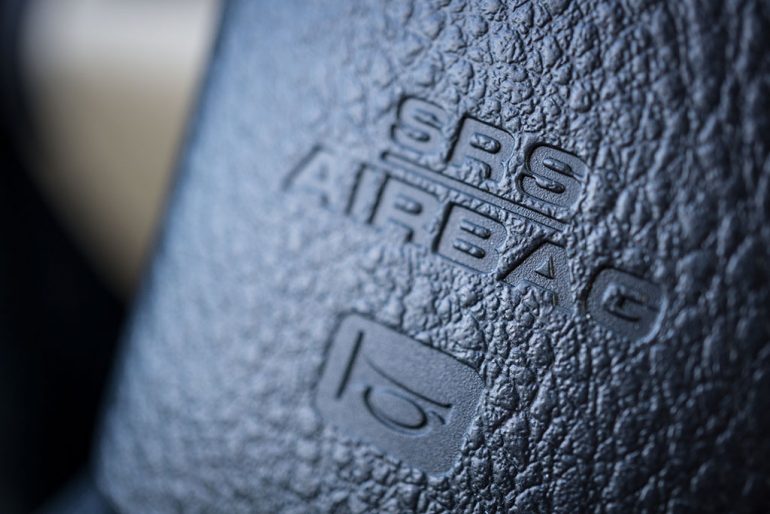
Major automakers, including General Motors, Toyota Motor, and Volkswagen, are resisting the efforts of the U.S. National Highway Traffic Safety Administration (NHTSA) to mandate the recall of 52 million airbag inflators. The NHTSA contends that inflators produced by airbag manufacturers ARC Automotive and Delphi Automotive could rupture, posing a risk of metal fragments being ejected, leading to potential injuries or fatalities.
The regulatory push follows an eight-year investigation that linked the airbag issue to one fatality and seven injuries in the United States. If the recall is enforced, it would rank as the second-largest in U.S. history. Despite the severity of the consequences, automakers and manufacturers argue that the risks associated with the problem are minimal. They challenge the agency’s analysis and justification for initiating a recall, asserting that the NHTSA has failed to demonstrate a significant need for such a large-scale action.
Also, don’t forget that you can get discounted new car pricing with a free quote through qualified local dealer partners.
ARC Automotive, one of the implicated airbag manufacturers, highlighted that, based on NHTSA’s estimated failure rate, there would be less than one new rupture over the next 33 years. Other major players in the automotive industry, including Ford, Mercedes-Benz, BMW, Hyundai, Kia, and Porsche, have also expressed opposition to the proposed recall, questioning the validity of the safety concerns raised by the NHTSA.
The affected inflators were utilized in vehicles produced from 2000 through early 2018 by a dozen automakers. General Motors, which had previously recalled 1 million ARC inflators due to a rupture resulting in facial injuries, criticized the NHTSA for lacking evidence supporting the necessity of an extensive recall. GM argued that the recall could impact up to 15% of the over 300 million registered motor vehicles in the United States.
Both GM and Stellantis, another automaker involved in the controversy, characterized the NHTSA’s decision as “arbitrary, capricious, and contrary to law.” Reuters reported that at least 20 million GM vehicles could be affected, while Stellantis has over 4.9 million vehicles with inflators at issue, reporting only one rupture in 2009.
Volkswagen echoed the sentiment of other automakers, stating that there is no reasoned basis for recalling hundreds of thousands of VW and Audi vehicles based on the NHTSA’s initial decision. Delphi Automotive, responsible for manufacturing around 11 million of the inflators through 2004, voiced its opposition, emphasizing that the NHTSA has not proven the defectiveness of the inflators.
Despite the automakers’ resistance, NHTSA enforcement official Cem Hatipoglu emphasized the severity of the consequences, stating that while the odds for a rupture may be low, the outcomes are “severe and potentially deadly.” The regulatory body has not yet responded to the automakers’ opposition, leaving the fate of the proposed recall uncertain.
Source: Reuters